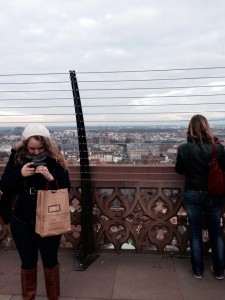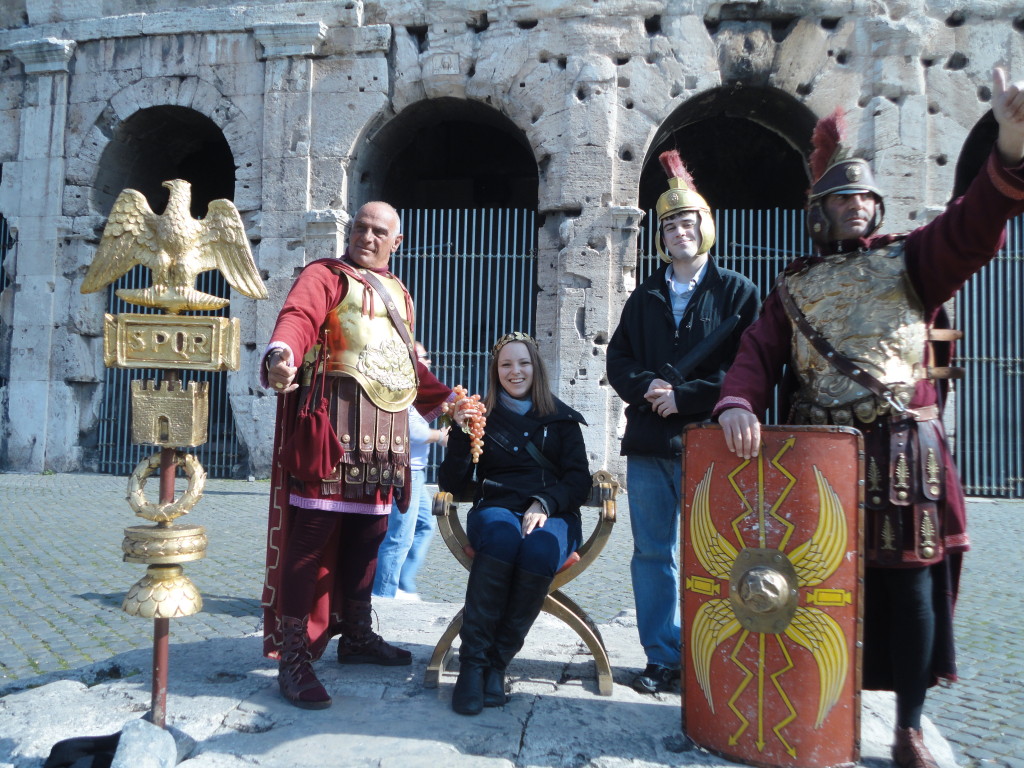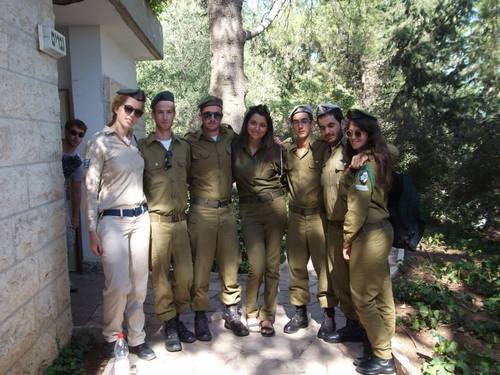5 Mistakes to Avoid When Traveling
By Katie Ford
—
Everyone will make mistakes while they travel, that’s a given. And if I’m being honest, mistakes are often the best way to explore a new city, or even to learn about yourself. With that being said, there are some mistakes that just aren’t worth making, and they’re ones that most beginner travelers end up making most frequently. Here is my list of 5 mistakes to avoid when traveling:
1. Keeping your nose in the guide books. Guide books are great, but they’re not the end all be all. More than that, the more you read your guide books, especially as you’re walking around the city, the more you’re going to miss what’s actually around you. You should also keep in mind that guide books are primarily meant for tourists, which means that they’re going to direct you to all of the things that tourists want to see. If you want to see parts of the city that locals tend to favor, most guidebooks will not be your friend.
2. Being glued to your phone. Whether you’re using your phone to communicate with friends and family at home, or to research the next place you’re going to see, you’re guaranteed to be missing some great things right where you are! Any research you need to do can be done at the hostel the night before, and unless there’s an emergency, any communication with family can be done when you’re relaxing at night. Why pay to go somewhere awesome, and then spend all of your time virtually living at home? The best traveling I did was when I had a cheap track phone and no smart phone- I couldn’t Facebook, Instagram, or Snapchat until I got back to my room at night, and so I could physically live in the moments as I was experiencing them!
3. Viewing your travels from behind a lens. Speaking of ways to avoid living in the moment… This one is my most common travel mistake because I always get stuck somewhere between wanting to capture every single moment and actually experiencing those moments without my camera attached to my face. Try to find a happy balance between capturing beautiful memories, but allowing yourself to create them as well.
4. Spending all of your money on useless things. Do you really need that coffee mug or key chain (for an exorbitant amount of money)? Probably not. I will never understand why people spend so much of their hard-earned travel money on t-shirts when there are so many experiences and likely more meaningful items to spend it on. My favorite souvenirs to purchase are actually postcards. They’re a great way to collect a small memory of where you’ve been without spending a ton of money (or hardly any at all if you find cheap ones). The other great thing about postcards is that you can do some really cool things with them when you get home. Try writing yourself a postcard when you’re traveling, and then mail it to yourself from the city you bought it- this way you’ll have a reminder of your thoughts at the time you were there, you’ll have the stamp and postage from the city, and you’ll have some fun mail when you get home! You can make these into a book or even into wall art afterwards to make it even more meaningful.
5. Falling for the never-ending assault of tourist traps. Tourist traps are everywhere, and sometimes they’re simply unavoidable. Other times, they’re completely avoidable. For instance, when a man dressed as a gladiator approaches you in front of the Colosseum and asks you if you’d like your photo taken, you should say no, or else this happens:
and then you’re stuck paying the third gladiator 20 euros so they will give you your camera back. We live and learn, right?
Everyone is guilty of at least one of these travel mistakes, and none of them are earth-shattering, but you’ll likely have a much more pleasant experience if you’re able to avoid them! If you’re looking for travel guides to use before your trip to get your nose out of those guidebooks, check out the travel guides page on Study Hard Travel Smart. Happy travels!

















